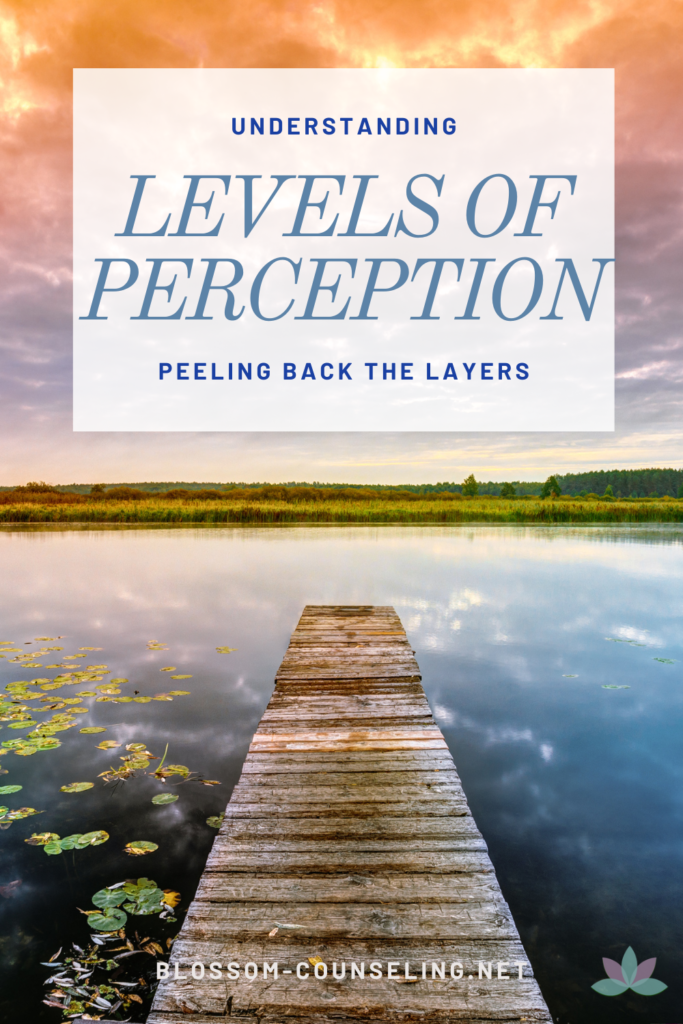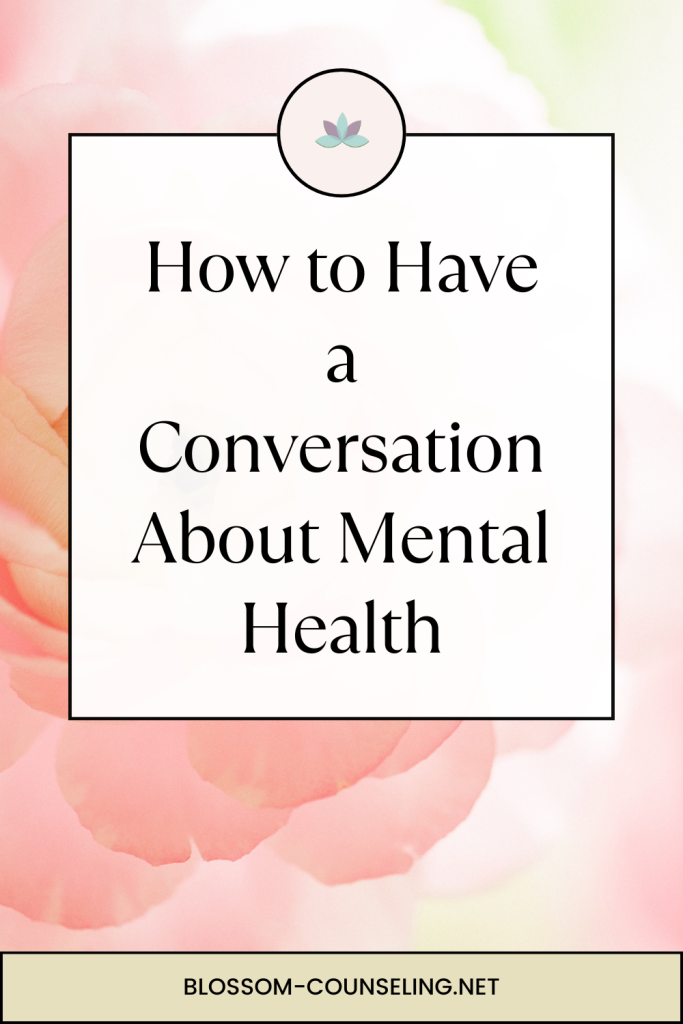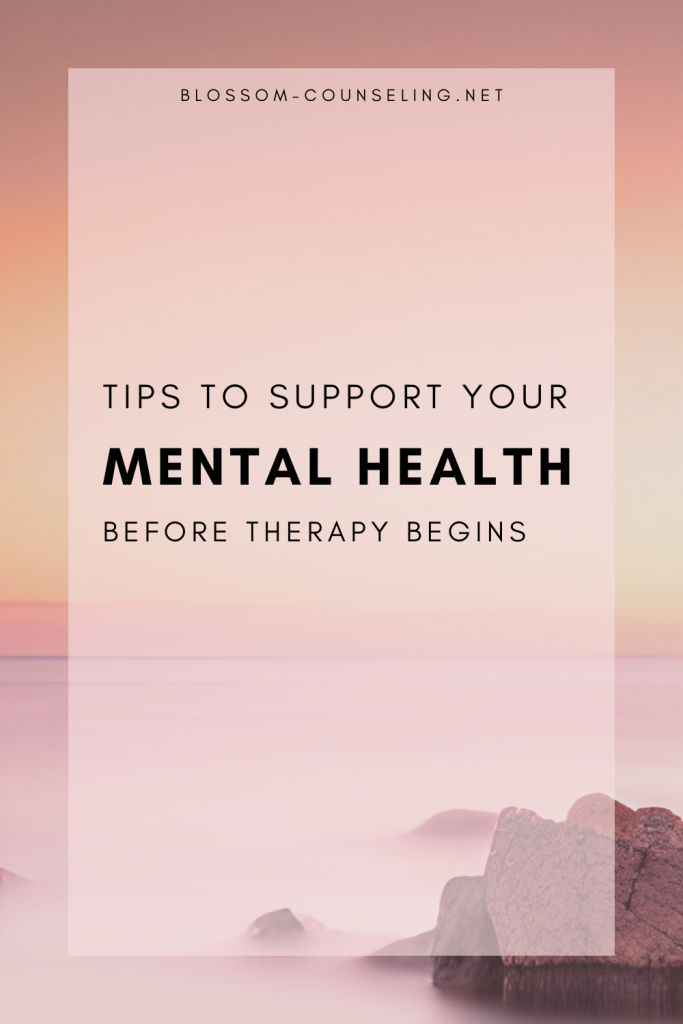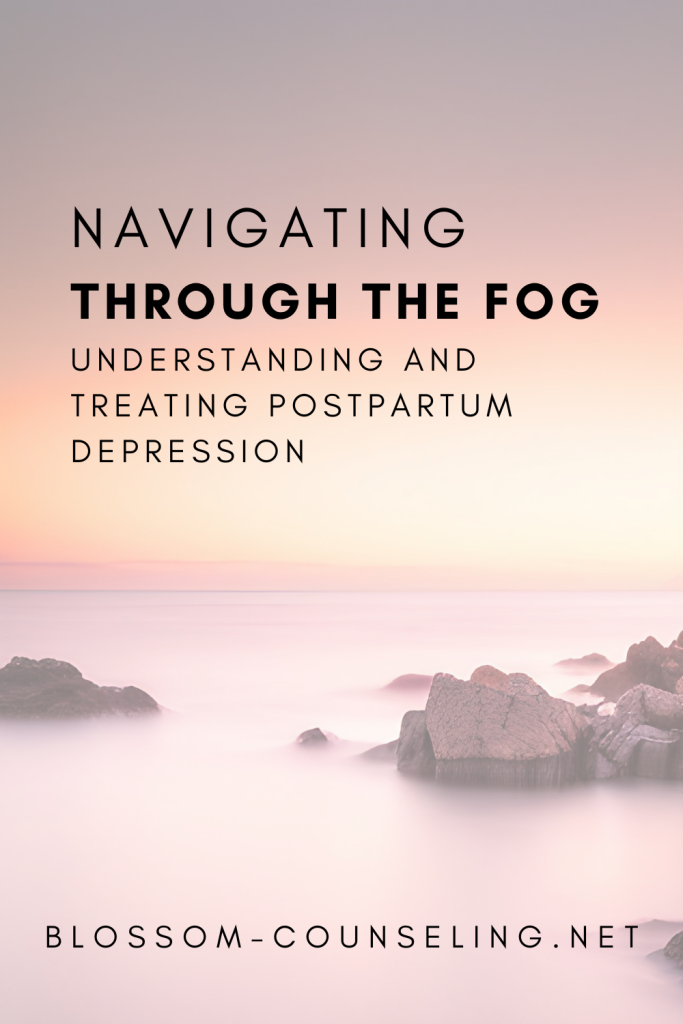Have you ever agreed to something that felt wrong the moment you said “yes”? Maybe you stayed late at work, even though you promised yourself you’d set firmer limits. Or perhaps you said “yes” to a favor when your plate was already overflowing. Crossing your own boundaries can feel like the easiest way to keep the peace, but it often comes with a price—a subtle erosion of your emotional and mental well-being.
Why Do We Cross Our Own Boundaries?
It’s easy to rationalize bending your own rules. You might think:
- “I don’t want to disappoint anyone.”
- “This one time won’t hurt.”
- “They need me.”
These thoughts often come from a place of kindness and empathy, which are beautiful traits. But when these thoughts regularly override your needs, they can lead to resentment, burnout, and even a loss of self-respect.
The Emotional Toll
Every time you cross a boundary you set for yourself, you send a subtle message: “My needs don’t matter as much as [fill in the blank].” Over time, this pattern can make you feel undervalued—even to yourself. It can also create unhealthy dynamics in relationships, where others might expect you to overextend simply because you always have.
Recognizing the Signs
It’s not always obvious when you’re crossing your own boundaries. Here are a few signs to watch for:
- Feeling Drained or Irritated: You feel exhausted after interacting with certain people or situations.
- Guilt for Saying No: You feel like you owe everyone a “yes,” even at your own expense.
- Over-Explaining: When you do say “no,” you feel compelled to justify it endlessly.
- Losing Sight of Your Needs: You find yourself forgetting what you actually want because you’re too focused on accommodating others.
Breaking the Cycle
Unlearning the habit of crossing your boundaries takes time and self-compassion. Start small:
- Check in with yourself: Before committing to something, pause and ask, “Do I have the capacity for this?”
- Practice saying no: It doesn’t have to be dramatic. A simple, “I wish I could help, but I can’t right now,” is enough.
- Revisit your boundaries: Write down a few non-negotiables for your time, energy, and emotional health.
A New Perspective
Respecting your boundaries isn’t selfish—it’s self-respect. When you honor your needs, you’re better equipped to show up authentically for the people and commitments that matter most. The more you practice this, the more you’ll notice your relationships and sense of self shifting in healthier, more fulfilling directions.
Boundaries are like fences—not walls. They’re designed to protect your well-being while still allowing meaningful connections. When you stop crossing your own boundaries, you give yourself the freedom to live aligned with your values, energy, and purpose. And that’s the kind of peace that can ripple through every corner of your life.




